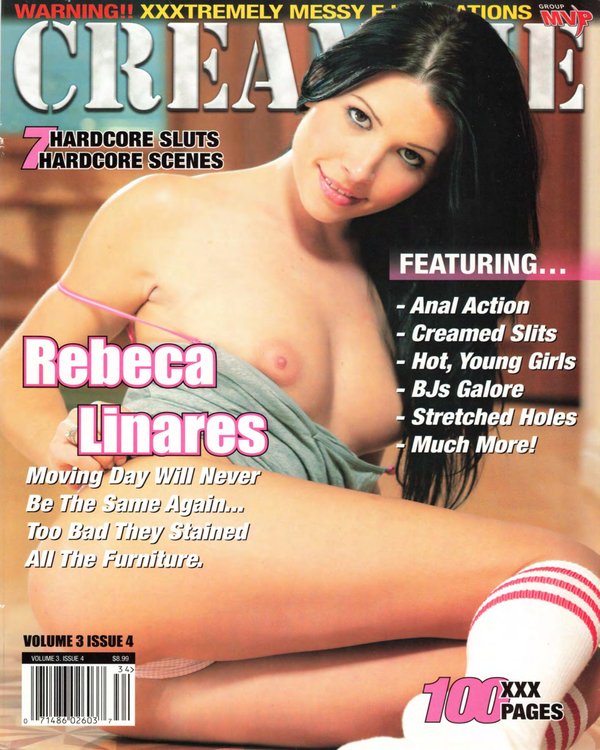Ellen Morrison sat thoughtfully, as was her custom, as the vicar concluded his sermon. Beside her was her husband of thirty three years, Alistair. They stood for the singing of the concluding hymn, as Ellen smoothed her dress and smiled at the younger woman standing beside her.
After the benediction had been pronounced, she spoke to her neighbour in a friendly voice, inquiring, “Will we be seeing you at the Guild meeting on Tuesday, Ann?” “Let us hope so,” the younger woman responded, “though I shall be working late that day. I may not be able to be on time!”
Ellen turned to the other worshippers, greeting them as she moved to the door. As Chair of the Women’s Guild, she felt an obligation to appear outgoing and welcoming, especially to the women who were less diligent in their participation.
She greeted the vicar warmly, and walked with her husband to their car. “Are you going to make the Guild meeting, yourself? I thought you were driving to Manchester Tuesday to visit the bookseller there?”
“So I am. I’ll look in on the publisher, and check on the big store to see just what’s selling well, perhaps order a few items for the shop. But, I should be back in time for the Guild meeting in the evening. If I’m too late, you’ll find something to eat. The house is well stocked.”
Alistair Morrison shook his head at his wife’s activities. “Ellen, in a few years I hope to retire. But you - you run a book shop, you manage the women’s guild, you’re always hauling your grandchildren somewhere, you volunteer for more projects than I can keep track of - I don’t think you’ll ever retire! You’ll need me to keep up with the projects you take on!” It was a family joke. Alistair, an architect in a small firm, spent his life designing houses for other people. He looked forward to the day when he might create a retirement home for himself and Ellen. But Ellen never seemed to have a minute to spare. Her time went to her bookshop, the church Guild, collecting and delivering her grandchildren and advising her two daughters on their upbringing - efforts too often regarded as more meddlesome than useful.
Indeed, Ellen was a woman of energy. She was not, however, an efficient housekeeper. Housework had never appealed to her, and her home was only in order when she hosted a meeting of the guild officers or when the vicar came to visit. At other times disorder prevailed, a condition Alistair had learned to accept as the price of having a wife who had become a respected community leader. At times he reflected that had he not been a passably good cook in his own right, he would have been compelled to learn by reason of his wife’s constant involvement in affairs that often meant she would not be home to eat, let alone cook.
Their two married daughters lived not far away, close enough for Ellen to be conveniently called on when emergencies arose, yet distant enough to minimize her unwelcome intrusions to micro manage the affairs of her grown children and young grandchildren.
Alistair had a certain interest in his wife’s enterprise, a bookstore she managed and partly owned, but he left its operation to her. Knowing her assertive characteristics, he rarely involved himself in the business or made suggestions about it. Yet, he was rather proud of his wife, who kept her fingers in many pies, maintained her independence, and seemed to command the respect of their friends and the community.
“You’ll be leaving early Tuesday?” he asked her. “The car has a full tank. You should be able to be home by dark, if you’re not delayed.”
“I’ll hope so. If I’m late, I’ll go directly to the Guild meeting. You can manage, can’t you?”
He was quite used to that. In fact, it seemed sometimes that Ellen spent little time at home. The picture of good taste and respectability when she was out or in her shop, home was the place where could relax. Order and decorum, important to her at other places, did not carry over into her home life. Ellen had better things to do than housework. She was not a meticulous housekeeper, in fact she was somewhat untidy. Some might say she was sloppy. For guests she made it presentable.. When only she and Alistair were at home, there tended to be a fair amount of clutter about. If he took note of it, he was apt to be reminded that he could clean it up if it troubled him.
It really troubled him little. He accepted her the way she was, in fact he rather liked it. He had been accustomed to the relaxed side of her, something outsiders never glimpsed; it drew them together in a way that was not particularly intimate, yet very personal.
Tuesday morning, Alistair noted his wife was up and gone before he was dressed. He knew she would have a busy day, and he contemplated picking up from a take out on his way home. He wondered if she would make it home with time to share it, or if she would only arrive home when the guild meeting had finished.
Ellen drove into the area of the city where there was a large bookseller. She at times visited there, where she knew the manager, to look at what was new and selling well, before ordering items for her shop. Also, the store often had good exhibits, which she liked to view.
She greeted Fiona, the manager, and the two of them shared a brief social time over coffee and biscuits. Fiona pointed out that a photographer was exhibiting in her store, as part of a promotion for some of his work.
“Photography books don’t sell well in my shop”, Ellen noted. “They seem to be like art books - people buy them, if at all, as coffee table items, to dress up a parlour or a waiting room. Few people in our area seem to go for such luxuries - the books seem to be too expensive for their tastes.”
“Have a look, anyway, Ellen. He’s doing a book signing, today. He does have some interesting ideas. He’s even asked some of my customers to model for him! Imagine - quite ordinary people, ones I would never think of as models!”
Ellen browsed around the shop, then found the exhibit in a side room. A middle aged gentleman, perhaps forty five, greying but slender, sat at a table. A customer had made a purchase, which he appeared to be autographing.
Curious, she went to the side room, where an exhibit of his photographs was placed on easels. She noted the rather curious title, simply, “Contrasts”. The pictures, some black and white, some in colour, seemed to arranged in pairs. She looked at them, trying to understand the logic of the juxtaposed pairs.
As she stood there, the photographer cum author came over to her.
“Mrs. Morrison?” he asked, extending his hand. “Fiona told me you were here. I am pleased to see you - always looking for a new outlet for the books I might be able to sign. Are you impressed?”
He gestured toward the mounted pictures surrounding them.
“Quite an arrangement, really. Now I am not much of a fan of books on art or photographic art, simply because they seem not to sell well in my store, but these are interesting. I am trying to understand just what it is you are attempting to depict.”
“Allow me”, he said, moving to the first display.
“First of all, I must tell you that this is a display of what might be called a work in progress. It has not been assembled into a book, in fact it is far from finished. I hope that it will soon be completed, but I am still working on it. In fact, as I think Fiona may have told you, I have persuaded several local people to model for me.”
“You are using amateur models? Tell me what your project is like.”
“It is called simply, ‘Contrasts’ . In away, that tells it all, yet not really all. I look for a model who is generally perceived in a particular way, and I attempt to capture that person on film as he or she is ordinarily seen or perceived, or perhaps wants to be perceived. Then, I look for a completely different, unexpected, aspect of that same person, which I then attempt to capture, also. The two are then joined in the exhibit; two views of one person. First, as we usually see them, and then, that other person which he or she is also, but which may starkly contrast with the first.”
“Rather the professional appearance, as opposed to the private self? Is that the idea?”
“Perhaps, in away, but it is more than that. Look at these; we have the bus driver, in his uniform, efficient, orderly, responsible; then we have the picture of him jogging on a footpath- not driving, no uniform, his propulsion his own feet, not the vehicle, and then his personal appearance - hair untidy, sweating, rather carefree.
“Here’s another. This one was an army officer. We see him in uniform, the picture of authority as he calls orders to his troops; a martial figure in military attire, armed, disciplined. Then, here we have him with his children on a picnic. It is they who are in charge as they pull him around interplay, while he is jovial, relaxed, totally unorganised.












